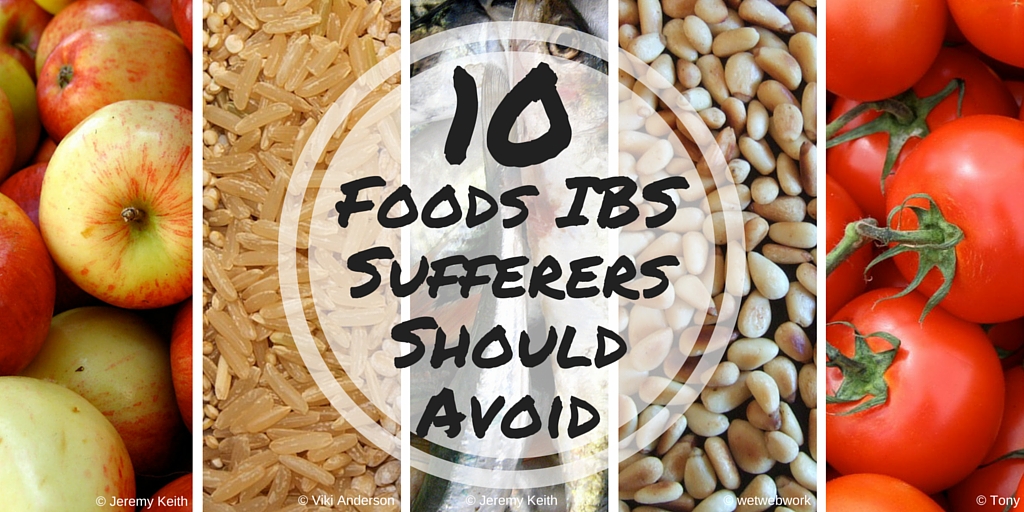
It can be frustrating and take quite some time to discover if certain foods are affecting your Irritable Bowel Syndrome symptoms. Some dietary changes may work for one person but not another. Below we outline the safest foods for IBS sufferers, and the foods you should avoid – those that have the most chance of aggravating your IBS symptoms.
Information is taken from Irritable Bowel Syndrome: Navigating Your Way to Recovery by Professor Christine Dancey and Dr Megan Arroll. Dancey is Professor Emeritus of Chronic Illness Research at the University of East London (UEL). As a researcher into invisible long-term conditions and a mis-diagnosed sufferer, she has a unique insight into what people with IBS want and need to know.
Dr Megan Arroll is a Senior Lecturer in Health Psychology at BPP University and is a member of the Health and Illness Research Team (HIRT), a group that works to better understand IBS and other invisible long-term conditions.
The most commonly recommended way to find out if you have a food intolerance is an exclusion, or ‘elimination’ diet, where you cut out certain types of food from your diet for three to four weeks and slowly reintroduce them one by one to see if any of your symptoms come back or worsen.
Safe Foods for IBS
The foods which are considered the safest for sufferers of Irritable Bowel Syndrome include:
Rice and quinoa
Rice milk
Fish, lamb, venison and duck
Pine nuts, flax seeds
All vegetables except nightshade vegetables (see above)
Non-citrus fruits
Herbal tea
Foods to Avoid for IBS
The ten foods, or food groups, generally considered the worst for aggravating symptoms of Irritable Bowel Syndrome are:
Foods containing gluten, such as wheat, corn, barley and rye
Dairy products and eggs
Soy and soy products such as tofu
Meats such as pork, beef and chicken
Beans and lentils
Nightshade vegetables such as tomatoes, potatoes, aubergines and peppers
Citrus fruits
Caffeine
Alcohol
Refined sugars
Doing an exclusion diet isn’t easy, especially at first, so it is worth preparing foods you can eat in advance. After three to four weeks, you can add one type of food back into your diet. It is worth keeping a food diary as you reintroduce foods and seeing if your symptoms reoccur. It is essential to be methodical and keep a food diary, so for a full list of foods and a more detailed guide through the elimination diet for IBS order your copy of Irritable Bowel Syndrome: Navigating Your Way to Recovery.
Follow @HHealthBooks and @DrMegHealthPsy on twitter for the latest updates on IBS and chronic illness.
